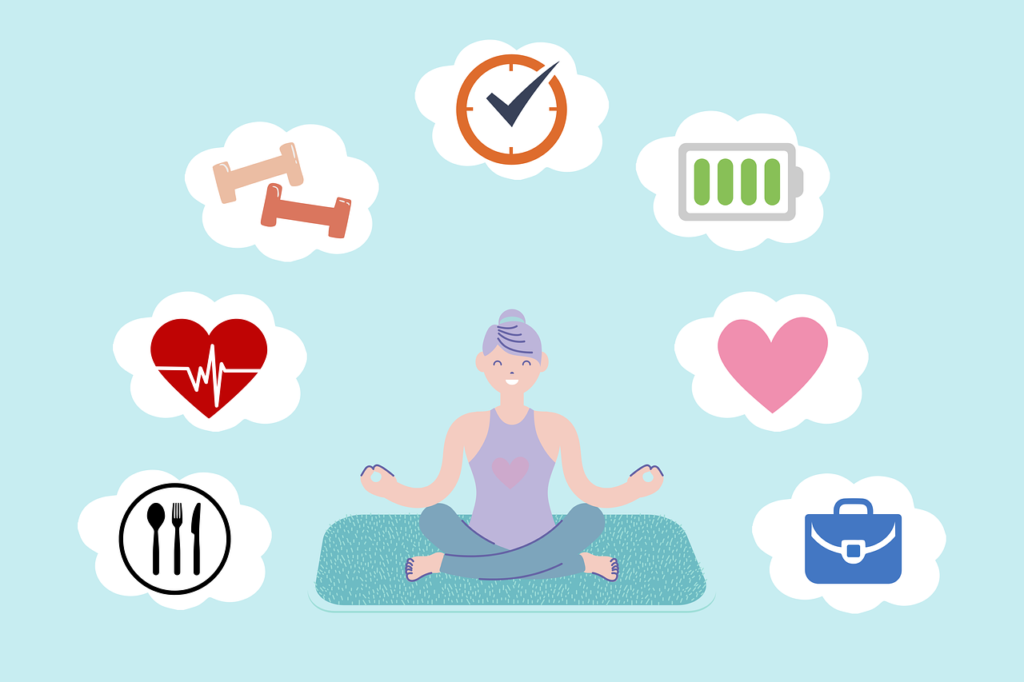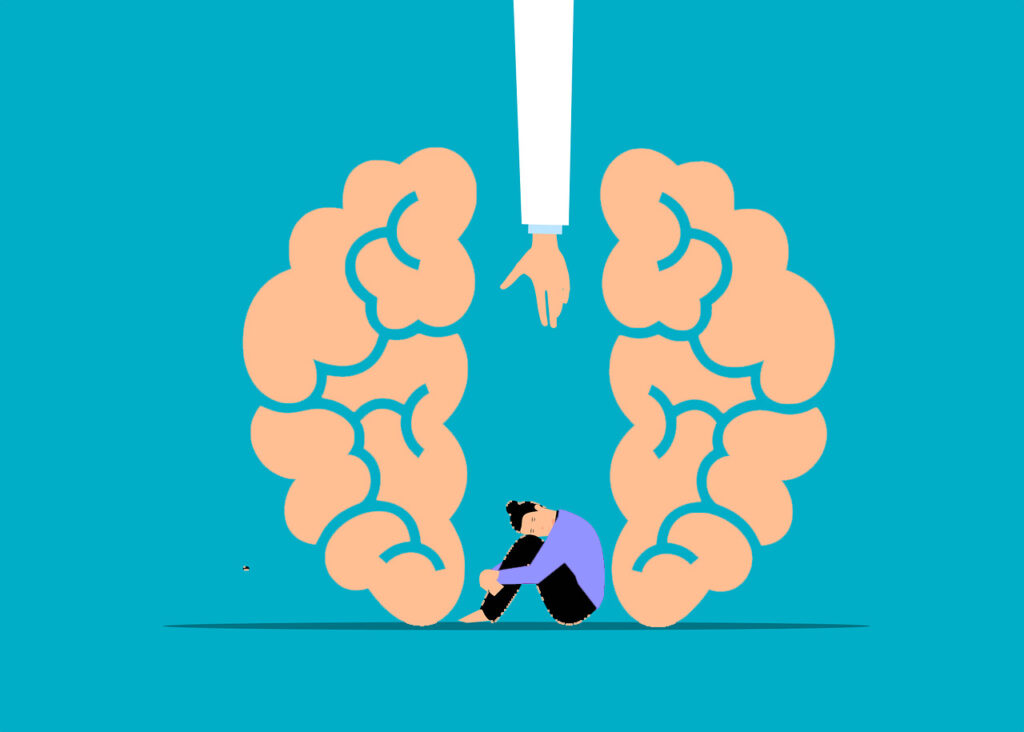In today’s fast-paced world, taking care of our mental health and well-being is not just essential, it’s an act of self-love and resilience. Stress, burnout, and emotional turbulence can take a toll on our mental state, affecting our overall quality of life. This blog post explores the realms of stress management, self-care, mindfulness, and other techniques that can pave the way for better mental health and emotional well-being.
Understanding Stress and Its Impact
Stress is a part of life. Whether it arises from our jobs, financial situations, relationships, or global events, it’s an inevitable part of the human experience. However, chronic stress can lead to serious health issues like depression, anxiety, heart disease, weight problems, and more. Recognizing and managing stress are the first steps toward reclaiming your mental health.
Stress Management Techniques
1. Mindfulness and Meditation: Being present and mindful helps you focus on the current moment, reducing anxiety and feelings of stress. Meditation, guided imagery, and breathing exercises can be incredibly helpful in achieving this state.
2. Physical Activity: Regular exercise releases endorphins – our body’s natural mood lifters. Even a quick walk or a few stretches can make a difference.
3. Balanced Diet: A healthy diet supports a healthy mind. Certain foods like those rich in omega-3 fatty acids, lean protein, fruits, and vegetables have been found to reduce symptoms of depression and anxiety.
4. Quality Sleep: Adequate restful sleep is essential for stress management. Try to establish a regular sleep schedule and create a calming bedtime routine.
Self-Care: The Art of Caring for Your Mind
Self-care isn’t just about pampering oneself; it’s about engaging in activities that promote well-being and reduce stress. Here are some self-care strategies:
1. Create a Self-Care Routine: Dedicate a specific time each day for self-care activities that you enjoy—like reading, gardening, painting, or simply taking a bubble bath.
2. Set Healthy Boundaries: Learning to say ‘no’ can be a powerful self-care strategy. It’s okay to prioritize your mental health over pleasing others.
3. Connect with Others: Building and maintaining relationships can help you feel supported and understood. Even a simple catch-up with a friend can have a positive impact on your mental well-being.
Embracing Mindfulness for Mental Health
Mindfulness involves focusing your awareness on the present moment. It’s about accepting it without judgment. Practicing mindfulness can help reduce stress and anxiety, improve concentration, and promote a greater sense of self-awareness. Mindfulness techniques include mindful eating, mindful walking, body scan meditation, and mindfulness-based cognitive therapy.

Promoting Mental Health and Emotional Well-being
Finally, maintaining mental health and emotional well-being involves an ongoing commitment to yourself. Regular self-assessments can help you understand your mental state better. If you notice persistent feelings of sadness, stress, or anxiety, don’t hesitate to seek professional help.
Remember, your mental health is just as important as your physical health. By practicing stress management, indulging in self-care, embracing mindfulness, and maintaining mental health, you not only nurture your well-being but also equip yourself to face life’s challenges with resilience and strength. After all, the journey to wellness starts with you.
Discover more of our articles on our Blogs Below :
